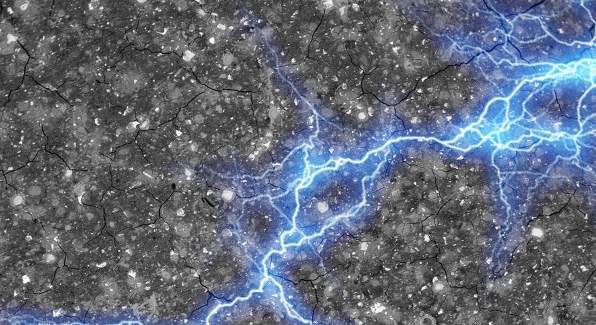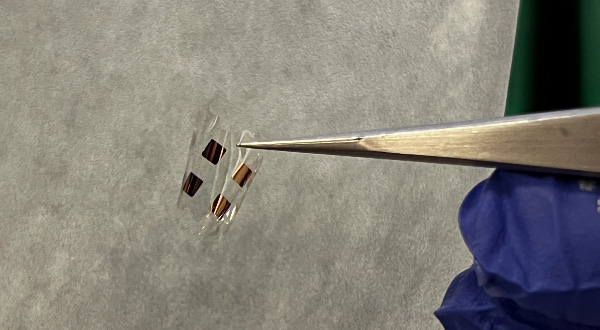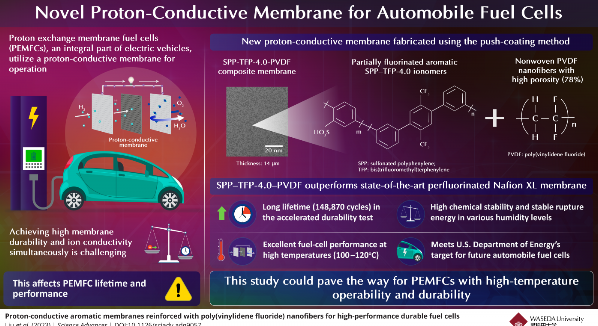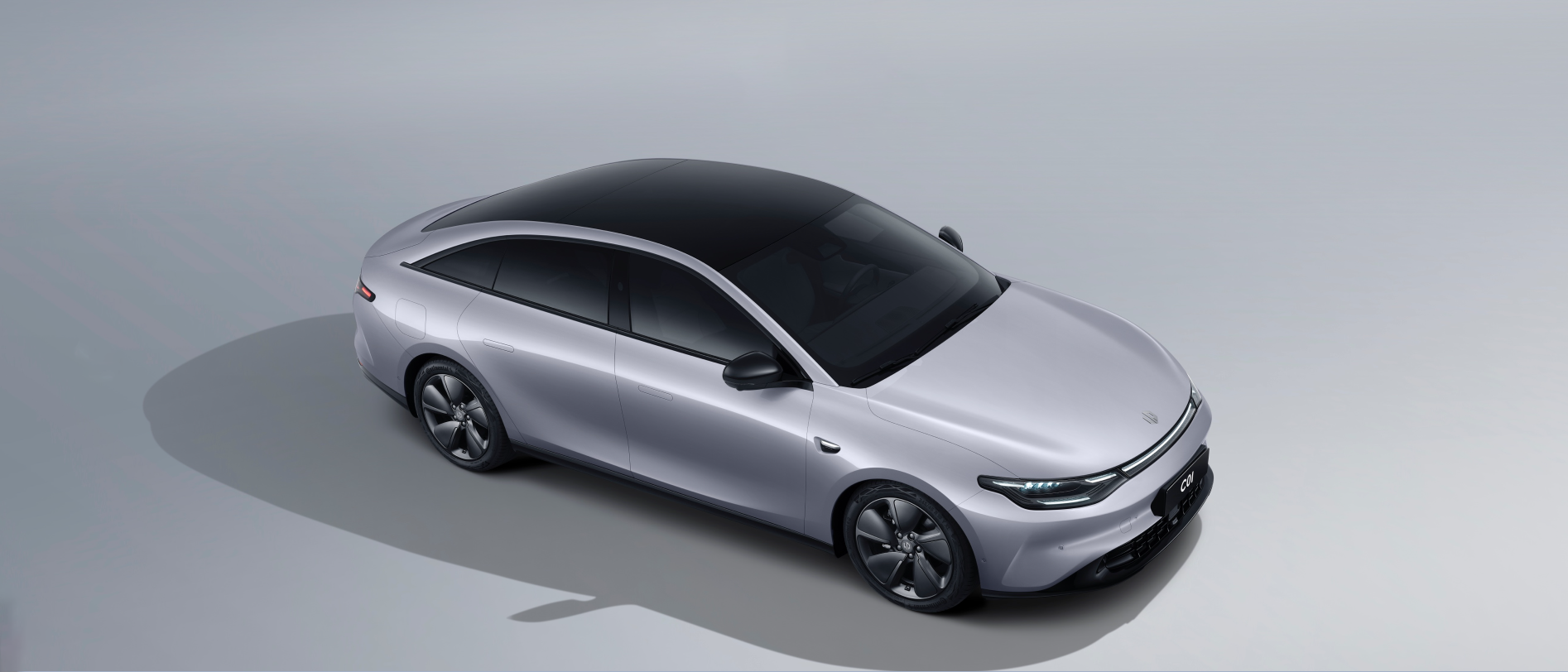Recently, great strides have been made in new energy vehicles, battery technology, charging infrastructure and more. Let’s delve into some notable highlights:
LEAPMOTOR Unveils Next-Gen Electronic Architecture
Leapmotor’s latest innovation, named “Leapmotor 3.0,” introduces an integrated electronic architecture that merges power systems, Conducción inteligente, smart cabins, and vehicle structure domains. Con 70% of components developed in-house, this leap also marks the company’s commitment to supplier collaboration.
MIT’s Breakthrough in Super Capacitor Production
Researchers at the Massachusetts Institute of Technology (MIT) have harnessed the potential of unconventional materials. Cement and carbon black have been combined to create a super capacitor, capable of storing electrical energy. The concept extends to the creation of roads that wirelessly charge electric vehicles as they travel.

Advances in Solid-State Electrolytes
A collaboration between the University of California, San Diego, and the University of Chicago has yielded a novel method for producing innovative thin-film solid-state electrolytes known as lithium phosphorus oxynitride (LiPON).

Stanford University’s Design of High-Entropy Electrolytes
Researchers at Stanford University have pioneered a strategy for designing high-entropy electrolytes for lithium metal batteries, significantly improving their cyclic stability under high current densities. This approach seeks to enhance ion transport capability while maintaining battery stability, achieved through adjusting solvent structures within weakly solvating electrolytes.

Synthesis of Novel Proton-Conductive Membranes
Japanese researchers, led by Professor Kenji Miyatake from Waseda University and the University of Yamanashi, have successfully synthesized a novel proton-conductive membrane for proton exchange membrane fuel cells. The newly developed material, known as SPP-TFP-4.0, showcases improved performance when integrated with porous materials, contributing to its enhanced properties.

 Nuevo vehículo eléctrico de energía Sedán / SUV / Van Volante izquierdo-HESUCAR
Nuevo vehículo eléctrico de energía Sedán / SUV / Van Volante izquierdo-HESUCAR 